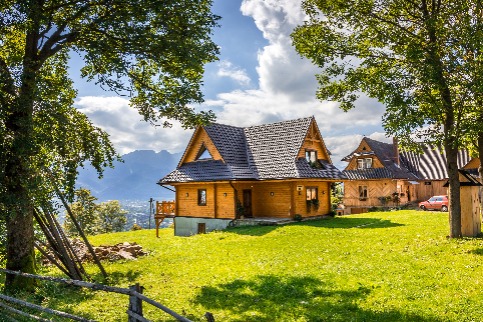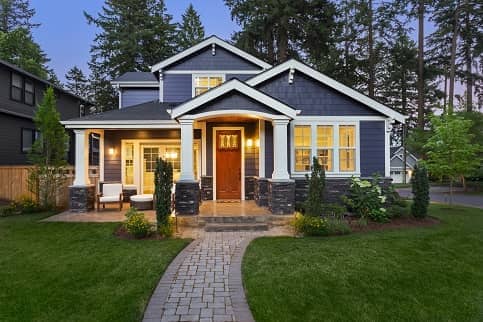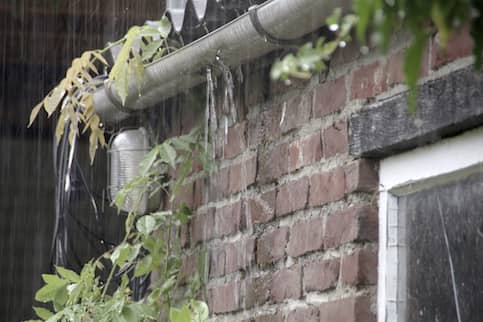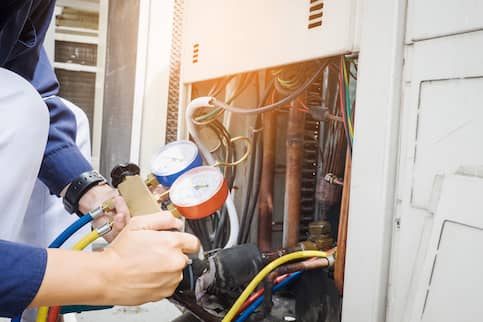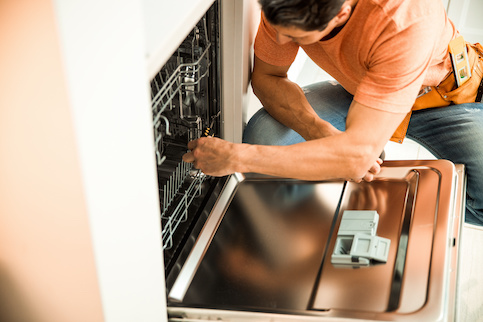Will My Home Appreciate Each Year? Plus How To Find A House That Will
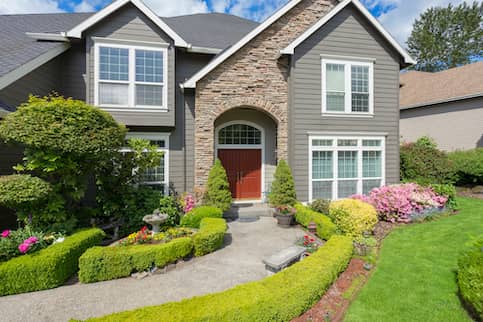
With many consumer goods, their value starts to lessen, or depreciate, once they’re no longer brand new. Real estate, however, tends to appreciate, or increase in value over time.
This is typically what most buyers hope for when they purchase a home. But home appreciation isn’t a given; it depends on a variety of different factors, including the real estate market in your area, larger economic trends and how well you take care of your home.
It’s the question every homeowner wants an answer to: Will my home appreciate? Let’s take a look at what homeowners need to know about home value appreciation.
What Is Home Value Appreciation?
Home values aren’t fixed; they can move up and down based on supply and demand. The trend of home values increasing over time is known as appreciation.
Home value appreciation is driven by many different factors, many of which are out of your control.
In general, home values tend to appreciate, allowing you to build vital equity in your home, which is important if you ever plan to sell or do a cash-out refinance. But keep in mind that appreciation isn’t a given, and it can be hard to predict whether a given house will increase significantly in value over time.
Find A Mortgage Today and Lock In Your Rate!
Get matched with a lender that will work for your financial situation.
See What You Qualify For
Home Purchase
Home Refinance
Tap Into Equity
How Much Will My Home Appreciate?
If you check out the Federal Housing Finance Agency’s (FHFA) appreciation map, you’ll see that the rate of appreciation can vary quite a bit from state to state, and even among different metro areas.
Some of the factors that can impact appreciation include:
- Local market conditions (such as housing supply, the number of prospective buyers in a given area, etc.)
- School district
- Value of the land the home sits on
- Market value of nearby homes
- Location
- Age and condition of the home, including any upgrades or additions made
- Larger economic trends
It’s possible to increase your home’s value by making renovations or completing other home improvement projects. Conversely, you can also drag your home’s value down by failing to keep up with maintenance or not making necessary updates, such as replacing your old roof or HVAC system.
Much of the rest of it is out of your hands. Things like neighborhood trends, nearby school systems, local housing supply and the strength of the national economy will affect the value of your home.
What does this look like in practice? Let’s take a look at what the average rate of appreciation has looked like through the years, according to the FHFA.
Time Period | Rate Of Appreciation |
|---|---|
Q3 2020 | 3.09% |
1 year (including the previous 4 quarters) | 7.81% |
Previous 5 years | 35.35% |
Since Q1 1991 | 193.23% |
That’s a lot of growth, but remember that these are just averages, not the full picture. Say, for example, you were looking to sell your house at the end of 2008, right in the middle of the Great Recession. Though we’d experienced pretty steady home value growth in the years leading up to the recession, that year saw home prices depreciate by 10.54%.
Basically, your home’s value is dependent on what prospective buyers are willing to pay for it. This number will fluctuate depending on buyers’ need for housing, their interest in your particular house (or city, neighborhood or school district) and their ability to afford homes like yours.
What Brings Down Property Value?
Many of the same factors that can increase your home’s value can also cause it to decrease. Poor market conditions, a bad location, unsightly upgrades and not staying on top of regular maintenance can all hurt your property’s value.
Your neighbors can also have a big impact on your home’s value. From noisy pets to cluttered yards to foreclosures, issues with one home can often impact all the homes in a neighborhood.
How To Find A Home That Will Appreciate
When searching for a home, the most important thing is that you find a house that suits your needs. However, it’s not uncommon for buyers to also consider a home’s potential resale value as they house hunt.
After all, a home is a big investment, and if you don’t plan on staying in the same place for the rest of your life, you want to be confident that you’ll be able to successfully sell the home when you’re ready to.
Here are some features that home buyers commonly look for, which can translate to value appreciation for you.
Location
There are many ways in which a home’s location can impact its value. Being located on a main road with lots of traffic is typically bad for home values, while being located within a subdivision with little traffic has a positive effect on values.
Additionally, the school district your home is located in can have a huge impact on your home’s value. Homes in good school districts come at a premium, even for those who don’t have children.
Being located near undesirable features, such as a landfill or noisy train tracks, can also drag values down.
Condition
If you let your home slowly fall into disrepair, you’ll likely have a hard time holding onto value.
Maintaining your home and making necessary repairs and updates is not only vital to keeping a happy and healthy home for yourself; it can also help to ensure that your home grows in value over time.
Renovations
Renovations can be a great way to make your home more valuable to buyers. However, it’s important to think about which renovations are highly sought-after in your real estate market, as some will be more valuable than others.
Big projects such as kitchen remodels or deck additions are popular upgrades, but less obvious renovations, such as installing energy efficient windows or a brand new HVAC system, can boost value as well.
Curb Appeal
The first view potential buyers will have of your home is what they can see when they pull up to the curb, so it’s important to make that first impression count.
Homes with strong curb appeal attract buyers and boost value. Fortunately, this is an aspect that can often be easily improved upon – think landscaping, a fresh coat of paint, exterior lighting and the like.
Check out the Rocket Mortgage® Learning Center for more information on home buying.
Find A Mortgage Today and Lock In Your Rate!
Get matched with a lender that will work for your financial situation.


